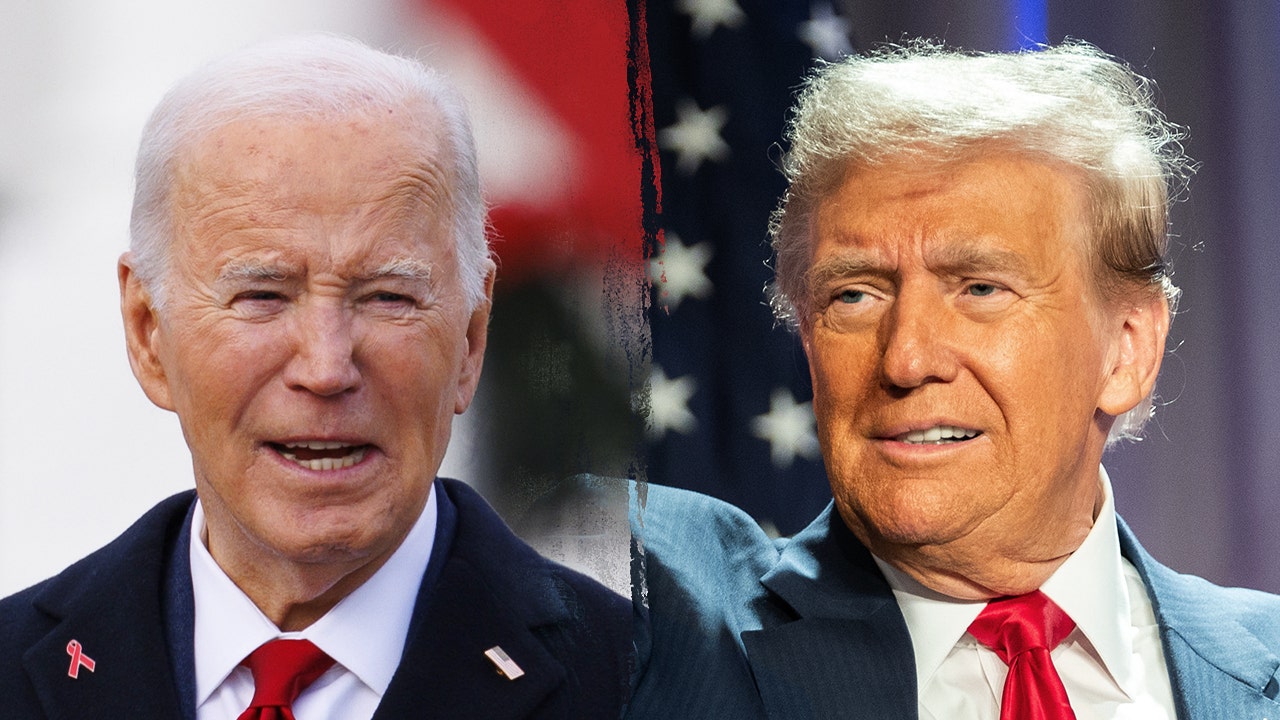Five ways Trump could dismantle Biden’s climate agenda

President-elect Donald Trump is gearing up to reverse several of President Joe Biden’s green energy policies and initiatives once he takes office in 2024. During his campaign, Trump promised to end what he called the Biden administration’s “war on energy” and criticized their energy policies as “disastrous.”
In a move to fulfill his campaign promises, Trump has appointed North Dakota Gov. Doug Burgum to lead his newly formed National Energy Council and former Rep. Lee Zeldin to head the Environmental Protection Agency (EPA). Both Burgum and Zeldin are known for their pro-energy stances and are expected to target several of Biden’s policies as soon as Trump assumes office.
Here are five key ways in which Trump could swiftly overturn some of Biden’s green energy policies:
1. The Paris Climate Agreement:
One of the first moves Trump is expected to make is to withdraw the United States from the Paris Climate Agreement, a treaty aimed at international cooperation on climate change. Trump officially withdrew from the agreement in 2020, and he is likely to repeat this action if re-elected.
2. Electric Vehicle Mandate:
The EPA under Biden announced a rule requiring up to two-thirds of new cars sold to be electric vehicles by 2032. However, House Republicans have moved to block this mandate, and with Lee Zeldin at the helm of the EPA, the mandate could be overturned.
3. EV Tax Credit:
Biden’s administration offers a tax credit of up to $7,500 to incentivize the purchase of electric vehicles. Trump plans to eliminate this tax credit, a move supported by Tesla CEO Elon Musk, who believes it will benefit financially stable companies like Tesla.
4. Federal Coal Leases:
Biden’s Bureau of Land Management recently approved a plan to ban new federal coal leases, affecting the Powder River Basin, a significant coal-producing region. Trump’s transition team has indicated a commitment to supporting American-made energy and may reverse this decision.
5. Waste Emissions Charge:
Biden’s EPA introduced a Waste Emissions Charge to encourage the oil and gas industry to reduce methane emissions. Oil advocacy groups and House lawmakers have criticized this fee, and Trump’s administration is likely to push back against it.
In conclusion, President-elect Donald Trump is poised to make significant changes to the country’s energy policies upon taking office in 2024. With key appointments and a clear agenda, Trump aims to undo several of Biden’s green energy initiatives and prioritize American energy production. The impact of these policy reversals remains to be seen, but they are expected to shape the future of the energy sector in the United States.




